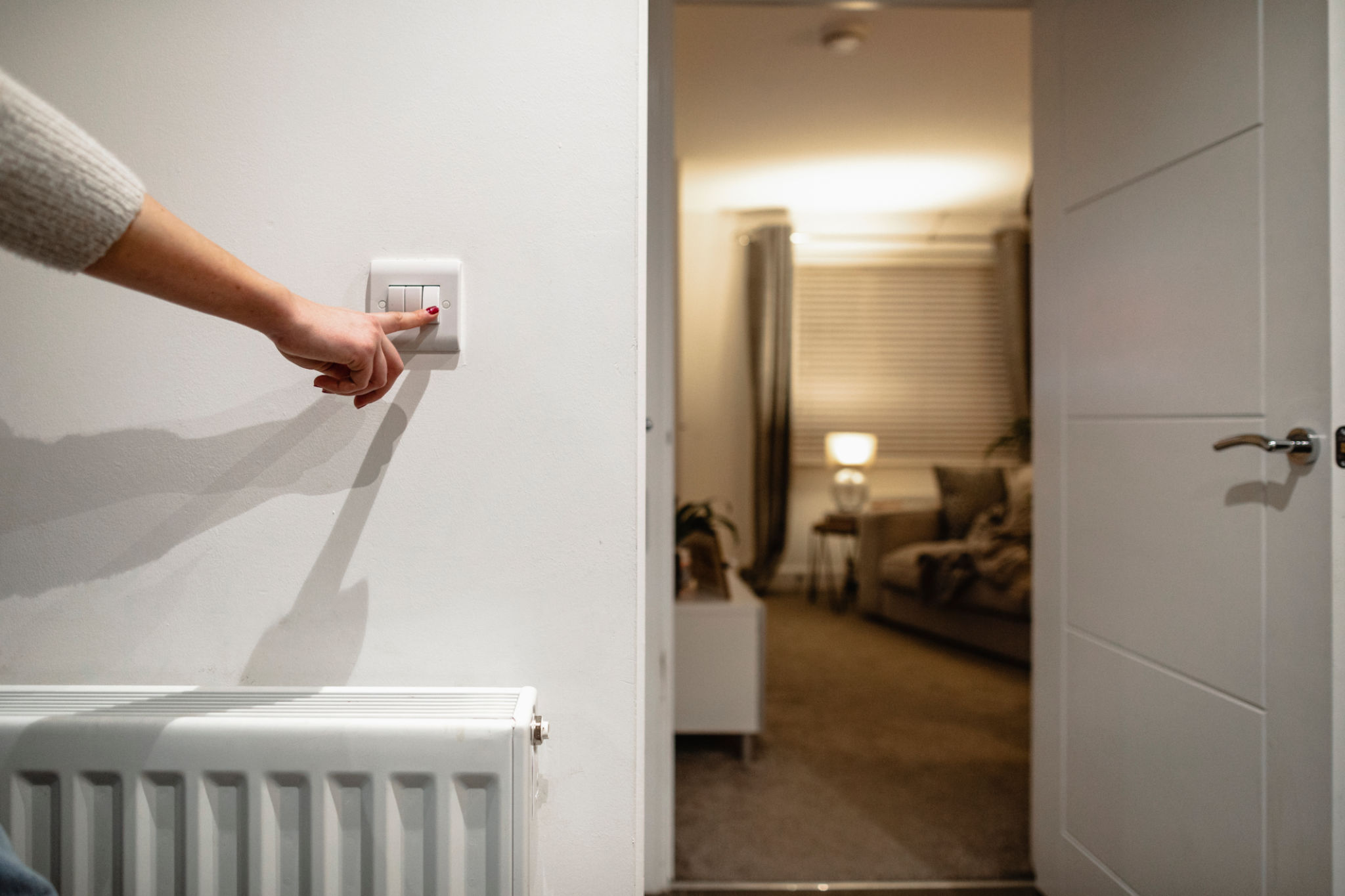Case Study: How One Light Regional Council Family Cut Their Energy Bills in Half
In a time when energy costs are soaring, many households are actively seeking ways to minimize their utility bills. One family in the Light Regional Council area has managed to achieve something remarkable by cutting their energy bills by half. This case study explores the strategies they employed and how you can implement similar measures in your home.
Understanding the Motivation
Faced with rising energy prices, the Smith family decided they needed to take action. Their motivation was not only financial but also environmental, as they sought to reduce their carbon footprint. This dual purpose provided the impetus to explore various energy-saving techniques.
In their initial assessment, the Smiths identified that their energy consumption was primarily due to heating, cooling, and lighting. By targeting these areas, they believed they could achieve significant savings.

Initial Steps: Conducting an Energy Audit
The first step for the Smith family was conducting a comprehensive energy audit of their home. This process involved identifying areas of excessive energy use and pinpointing inefficiencies. They chose to work with a professional auditor who provided them with a detailed report and practical suggestions for improvement.
Based on the audit, the family learned that their old HVAC system was a major energy guzzler. Additionally, poor insulation and outdated lighting were contributing to higher energy consumption. Recognizing these issues allowed them to prioritize their efforts effectively.
Implementing Changes
Armed with information from the audit, the Smith family began implementing changes. Here's a breakdown of the steps they took:
- Upgrading to a High-Efficiency HVAC System: Replacing their outdated system with a modern, energy-efficient model resulted in immediate savings.
- Enhancing Insulation: By adding insulation in key areas like the attic and walls, they minimized heat loss and improved comfort.
- Switching to LED Lighting: Transitioning from incandescent bulbs to LED lights significantly lowered their lighting costs.

Adopting Renewable Energy
The Smiths didn't stop at efficiency improvements; they also ventured into renewable energy. They decided to install solar panels, which provided them with a sustainable source of power and further reduced their reliance on the grid.
The upfront cost of solar panels was offset by government incentives and rebates, making it a financially viable option for their household. Over time, the savings from generating their own electricity have contributed considerably to reducing their overall energy bills.
Monitoring and Adjusting
One of the key factors in the Smith family's success has been their commitment to ongoing monitoring and adjustments. Utilizing smart meters and energy management apps, they keep track of their consumption patterns and make adjustments as necessary.

This proactive approach allows them to identify new opportunities for savings and ensures that their efforts continue to pay off in the long term. By staying informed and adaptable, they maintain their progress towards energy efficiency.
Conclusion: A Model for Others
The Smith family's journey offers valuable insights for anyone looking to reduce their energy bills. Through a combination of targeted upgrades, renewable energy adoption, and vigilant monitoring, they have achieved an impressive reduction in costs.
If you're inspired by their story, consider conducting your own energy audit and exploring similar strategies. With determination and thoughtful planning, you too can enjoy significant savings while contributing positively to the environment.